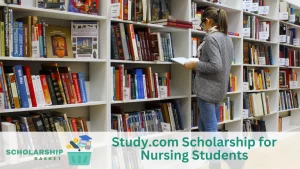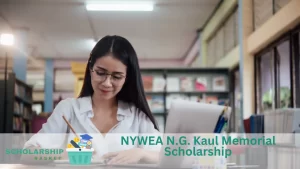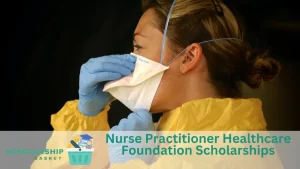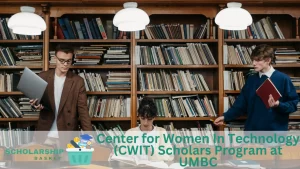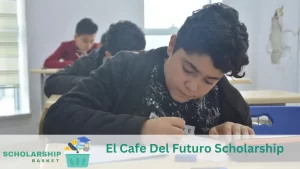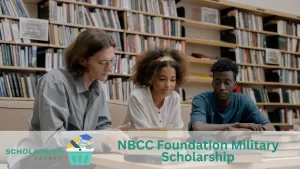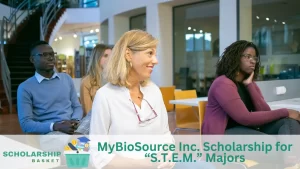Our goal is to assist cancer patients and their families well into the future by supporting their pursuit of a college degree, in contrast to many organisations that concentrate on improving the immediate lives of persons with cancer. The key to long-term success is education, yet for many young cancer patients who are struggling financially, it is out of reach. TRCF offers college scholarships to scholars for a period of four years. We focus on young adults who have overcome cancer and come from low-income families who have been disproportionately impacted by their cancer diagnosis.
This Scholarship Programme is intended to offer financial assistance to cancer patients and survivors, aged 17 to 26, who wish to continue their education at an authorised undergraduate institution, trade school, or graduate institution.

